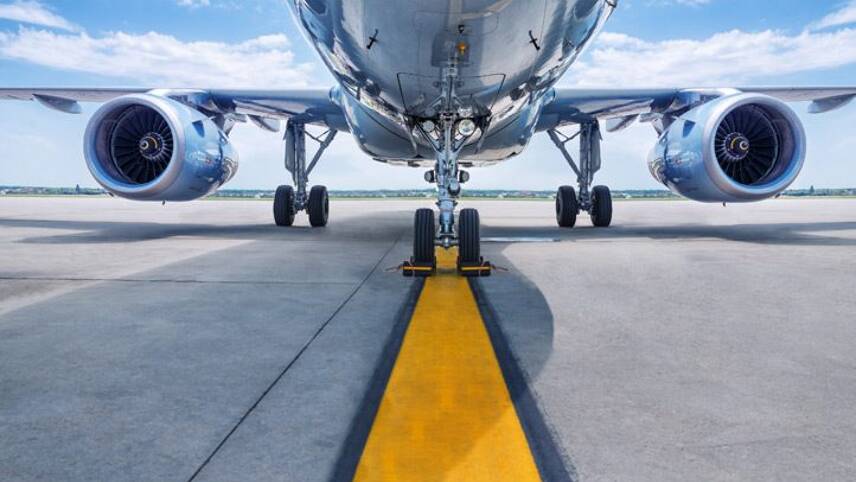Register for free and continue reading
Join our growing army of changemakers and get unlimited access to our premium content

The UK Government has published its response to EAC’s recommendations for aviation sector emissions.
Conducted by the Transition Pathway Initiative (TPI) – a body campaigning for a rapid low-carbon transition with the backing of investors managing $15trn (£11.6trn) of assets – the survey assessed the sustainability strategies of 22 airlines, 22 car companies and 13 publicly-listed container shipping firms.
Across this entire cohort of businesses, the TPI did notice improvement – which it has attributed to increased investor pressure and public awareness around climate issues.
Improvement has been most rapid in the shipping sector, where, according to the TPI, 61% of surveyed firms are already aligned to a 2C pathway and some of the biggest players, including Maersk, are striving for 1.5C.
The TPI also documented improvement in the automaking sector, where 43% of respondents have improved their climate management on a year-on-year basis.
But the body has also voiced concerns that these findings are likely not representative of the entire global aviation and automotive sectors, and that progress in alignment with 1.5C remains slow. Less than one in five (19%) of the companies it surveyed are actually on track to meeting a 2C trajectory, the TPI claims.
TPI claims that Paris Agreement alignment remains slowest in the aviation sector. Of the 22 airlines it assessed, it found that 60% have Paris-aligned pledges – but that they all expire in 2020.
The TPI has previously warned airlines and airports that their actions to date will not be sufficient to deliver on global climate goals, and that investors are likely to move quicker than the impacts of climate change are set to rock the sector.
Its new survey does note an 8% overall improvement in climate management across the airline space since its last warning, but re-iterates that the sector’s carbon performance is the second-worst on its database, with only oil and gas majors faring worse. Moreover, the TPI has said that it does not believe that offsetting is a strong enough solution for the sector due to issues quantifying the impacts of carbon credits. The likes of EasyJet and Qantas and British Airways are relying heavily on offsetting in their long-term carbon strategies.
“Investors will be troubled by stalled climate progress in aviation, and by the sector’s reliance on net emissions targets,” the TPI’s co-chair Adam Matthews, who also serves as the Church of England Pensions Board’s director of ethics and engagement, said.
“The issue with these targets is that they obscure whether emission reductions plans will depend largely on offsetting rather than a shift to lower-carbon aviation operations. A dependence on offsetting is not a credible climate strategy given the urgency of making deep cuts in greenhouse gas emissions across all sectors of the economy.”
During a recent edie webinar, International Airlines Group’s sustainability manager Carrie Harris said her organisation would always prioritise in-sector emissions reductions through new aircraft design, operational efficiency and innovative fuels over offsetting.
Sarah George


Please login or Register to leave a comment.